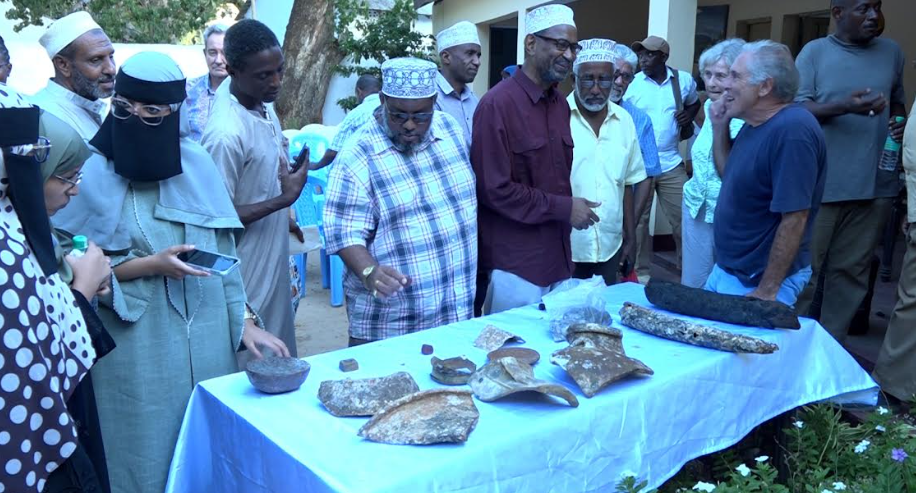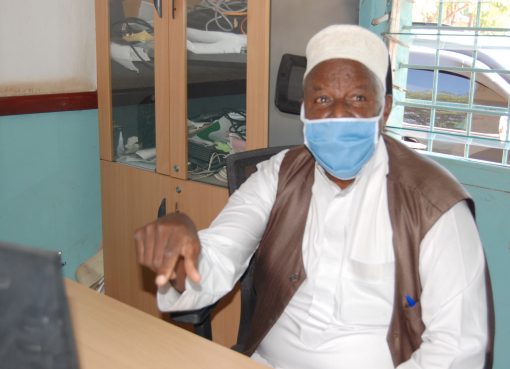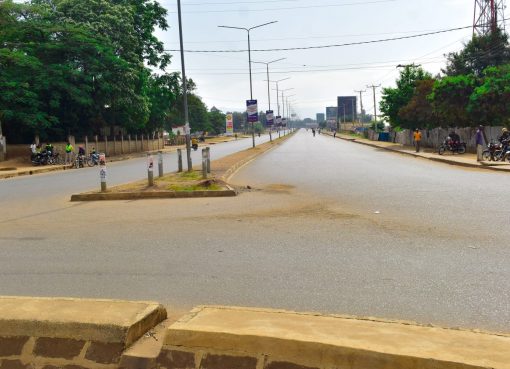Kenyan universities are being urged to introduce courses in underwater archaeology to increase the number of specialists capable of exploring the country’s vast underwater cultural heritage.
Dr. Caesar Bita, the Head of Coastal Archaeology at the National Museums of Kenya, says that despite the rich heritage in the Indian Ocean could bring significant foreign exchange through underwater cultural tourism there was a severe lack of underwater archaeologists in Kenya.
He made this appeal after delivering a talk titled “Discover the Amazing Wonder of Kenya’s Underwater Cultural Heritage – the Ngomeni Shipwreck” at the Malindi Heritage Complex in Kilifi County on Wednesday.
The event was attended by local community members, including youths, employees of the National Museums of Kenya, and members of the Malindi Museum Society, who were taken through the history of explorer and navigator Vasco da Gama and the ships he used in his voyages, some of which sank in Kenyan waters.
For the past two weeks, Dr. Bita has led a team of underwater archaeologists and divers in researching a Portuguese shipwreck believed to have sunk off Ngomeni shores in 1524. During their search, the team recovered various historical artifacts from the wreckage.
“Underwater archaeology does not have enough professionals in Kenya. As we speak, I am the only one with the expertise, which I learned outside Kenya. Though I have taught four to five young men, they are not enough,” Dr. Bita said.
He stressed the need for local education in this field to make learning more accessible and affordable. “We should take this science to our universities in order to make underwater archaeology learning easier and less expensive. I was forced to study underwater archaeology outside Kenya, and it is very expensive,” he explained.
Dr. Bita emphasized that starting underwater archaeology courses in Kenyan universities would benefit the country, allowing more experts to be trained to conduct research on Kenya’s vast underwater archaeological heritage.
He urged Kenyan universities to introduce underwater archaeology using existing facilities and academic programs such as history, geography, anthropology, marine science, and land archaeology.
He cited examples of Kenyatta University and the University of Nairobi, which offer related courses and suggested incorporating underwater archaeology into their existing disciplines.
“Underwater archaeology studies can be incorporated into the existing disciplines because although archaeology is already being taught, it is archaeology on the land.
Therefore, in the discipline of archaeology already being taught, the universities can include underwater archaeology so that one can, for example, graduate in archaeology and later specialize in underwater archaeology,” Dr. Bita explained.
He also appealed to the government to support this initiative by sponsoring students in underwater archaeology.
Susan Mtakai, the Head of Search and Rescue at the Kenya Coast Guard, echoed Dr. Bita’s sentiments and urged Kenyan youths to develop an interest in underwater archaeology to benefit from the Blue Economy.
“I urge our youths to go and study underwater history in order to benefit from the Blue Economy, because this is the era of the Blue Economy, and I assure them of the support of the Kenya Coast Guard,” she said.
The Curator of the Malindi Museum Doris Kamuye, said the discovery of the shipwreck and the establishment of an underwater museum at the site would add to existing heritage sites in the region, increasing tourist visits.
“The discovery of the Ngomeni shipwreck will greatly boost tourism in Malindi because recently, Gedi National Monument was declared a world heritage site and when visitors tour Malindi, they will be able to sample more heritage sites such as the underwater museum,” she noted.
Anne Robertson, the founder of the Malindi Museum Society, stated that the discovery of the Ngomeni shipwreck was a testament to Kenya’s importance in international trade.
“This will help people around the world realize that Malindi was a part of the world trade system, and that we weren’t some remote place that people think we were,” she said.
By Emmanuel Masha





